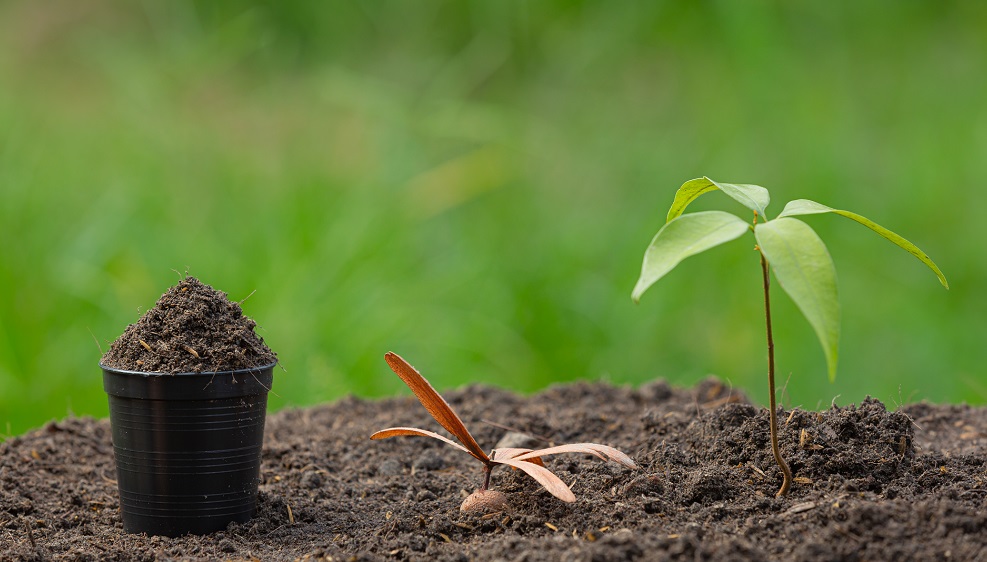The importance of organic fertilizers

Organic fertilizers have many benefits, including:
- Improved soil health: Organic fertilizers help to improve the structure, texture, and drainage of soil. They also help to increase the water-holding capacity of soil.
- Better plant growth: Organic fertilizers provide plants with the nutrients they need to grow strong and healthy. They also help to improve the quality of fruits and vegetables.
- Reduced environmental impact: Organic fertilizers are less harmful to the environment than synthetic fertilizers. They do not pollute water supplies or contribute to greenhouse gas emissions.
Here are some of the specific ways that organic fertilizers can benefit your plants and soil:
- Organic fertilizers improve the soil's structure. This is because organic matter helps to bind soil particles together, which creates a more porous and well-draining soil. This is important for plant growth because it allows roots to access oxygen and water more easily.
- Organic fertilizers increase the soil's water-holding capacity. This means that the soil can hold more water, which is especially beneficial during dry periods.
- Organic fertilizers provide plants with a slow-release source of nutrients. This means that the nutrients are released into the soil over time, which helps to prevent plants from being overfertilized.
- Organic fertilizers help to promote beneficial soil life. This includes organisms such as earthworms, bacteria, and fungi. These organisms help to break down organic matter and make nutrients available to plants.
- Organic fertilizers can help to improve the quality of fruits and vegetables. This is because organic fertilizers help to increase the levels of vitamins, minerals, and antioxidants in plants.
Overall, organic fertilizers are a great way to improve the health of your soil and plants. They are a sustainable and environmentally friendly alternative to synthetic fertilizers.
If you are interested in using organic fertilizers in your garden, there are many different types to choose from. Some popular organic fertilizers include:
- Compost: Compost is made from decaying organic matter, such as leaves, grass clippings, and food scraps. It is a nutrient-rich fertilizer that can be used on all types of plants.
- Manure: Manure is animal waste that has been composted. It is a good source of nitrogen, phosphorus, and potassium.
- Blood meal: Blood meal is a high-nitrogen fertilizer that is often used to promote plant growth.
- Bone meal: Bone meal is a good source of phosphorus and calcium. It is often used to fertilize flowering plants and vegetables.
- Fish emulsion: Fish emulsion is a liquid fertilizer that is made from fermented fish. It is a good source of nitrogen and other nutrients.
Organic fertilizers can be applied to the soil around plants or mixed into the soil when planting. Be sure to follow the directions on the fertilizer label to avoid overfertilizing your plants.
